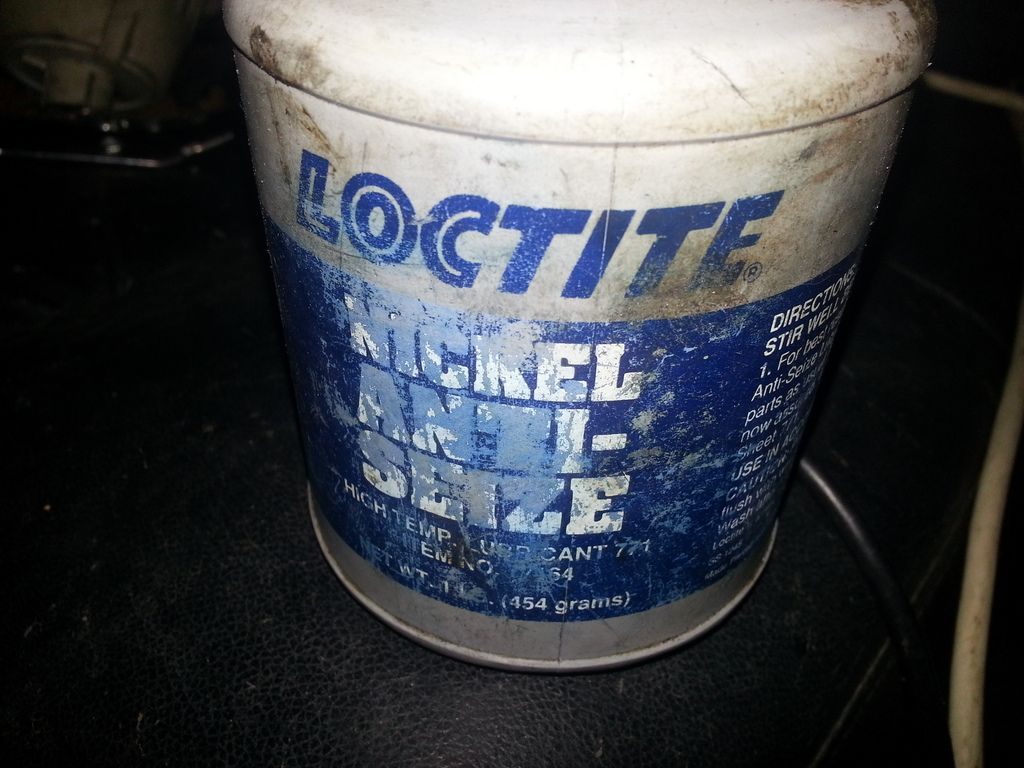Lubing bolts that go into holes that are not open on the end you risk hydraulic fracturing basically oil/grease gets forced in both directions as you tighten a bolt too much at the bottom and you can create thousands of psi and crack whatever you work on.
With that being said in most cases any more there is a little wiggle room so light coatings and read the directions on anti-seize.
Anti-seize is good for high temp applications or where you want a dry lubricant. Yes it has a light oil and/or diesel fuel in it but, that is just to allow the solid friction modifiers aka dry lubricants to get into places and stick while you install. So always shake well before using. Depending on the type of anti-seize depends on the temperature ratings. Pure copper is rated higher then a mixture. I tend to just use permatex because it has graphite, aluminum, and copper. But, in some situations the graphite can cause issues and in others the aluminum can etc. You can get galvanic corrosion with anti-seize so……. If your anti-seize has dryed up just get some light oil and add it a very small amount at a time stir it then shake it. You can also do the same with diesel fuel but, depending on how much you are torquing that bolt and if you are using an impact it can get interesting quickly compression + heat = combustion with diesel fuel.
Grease is good for getting lots of things that are tight into places where they need to go. I like to use it when fitting things that are slip joints. It also can be helpful to hold steel gaskets. The thing with grease and oil is it can break down things like coolant hoses, pressed paper gaskets, o-rings if meant for coolant, etc. Using it on bolts is not necessarily bad but, it also attracts dirt and dust and will hold onto it and the part extremely well causing stuff to not want to come apart. So using it on caliper mounting bolts can make it so once it initially moves it gets hung up on the grease/rotor and friction material dust. While brakleen and a wire brush can solve that problem before it starts if you don’t see it or forget you can seize a bolt halfway out which is always fun.
Oil has the same issues with pressed paper gaskets, coolant hoses/o-rings. It holds on to dirt less but, still some and it is great for bolts.
Think of threadlocker as glue. It helps fill in inconsistencies in the threads and also glues the threads together. Red glue is for stuff that you never ever are going to take apart again. You will hate life if you have too especially if you are a DIY guy and do not have access to a torch.
The only type of lock washers that work well are nord lock washers and they come in a set. The one that looks like a washer with a slice in it does not do much at all. Don’t believe me? Thats cool cause Nasa agrees with me lol.
Here is Nasa’s Guide to all the lubricant and bolt information.
Here is a video on locking washers: Nord-Lock Demonstration Video

 Our Address
Our Address
